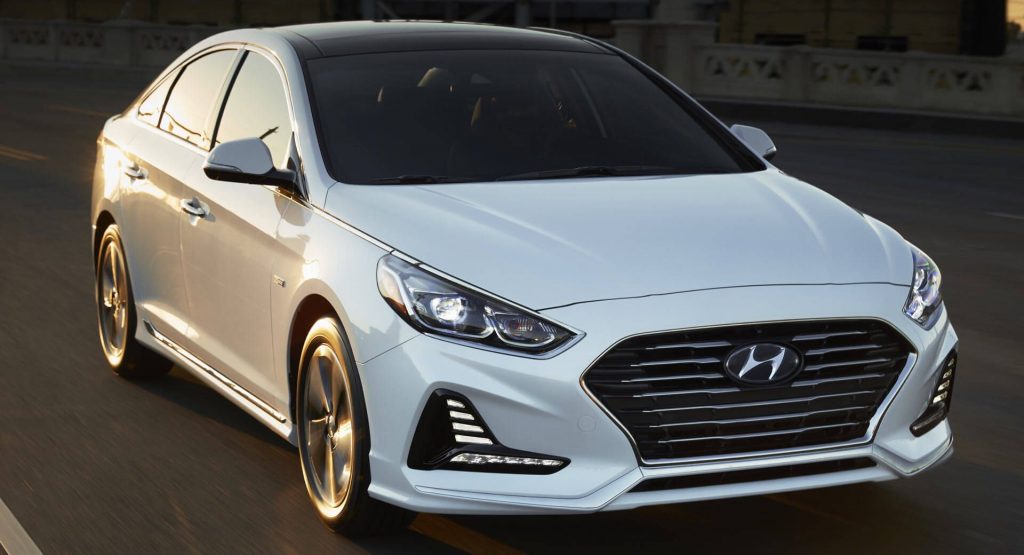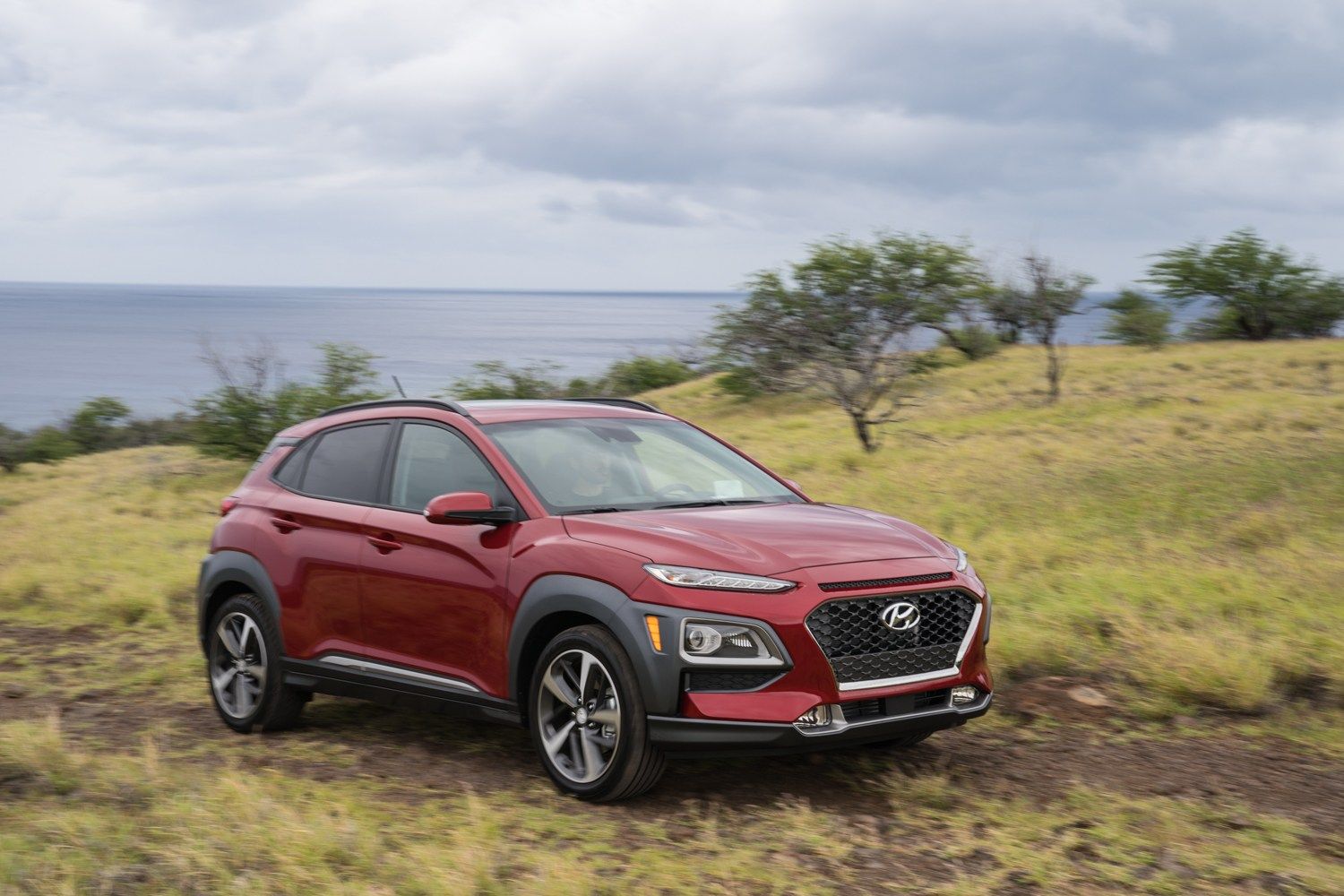Hyundai likes to say they have “America’s best warranty” but the U.S. government has another name for it: potentially illegal.
Early last month, the Federal Trade Commission warned six different companies that conditions in their warranties were potentially illegal as they may violate the Magnuson-Moss Warranty Act of 1975. The FTC didn’t name the companies but Motherboard filed a Freedom of Information Act request and learned the notices were sent Hyundai as well as ASUS, HTC, Microsoft, Nintendo and Sony.
The letters were sent by the FTC’s associate director of marketing practices, Lois Greisman, and the letter to Hyundai Motor America was addressed to executive vice president and chief legal officer W. Gerald Flannery. In the letter, Greisman said the organization enforces the FTC Act which “prohibits unfair or deceptive acts or practices” in commerce as well as the Magnuson-Moss Warranty Act which “governs consumer product warranties and, among other things, establishes disclosure standards for written warranties.”
The letter eventually gets to the point and says the FTC’s marketing practices division has reviewed Hyundai’s warranty and has “concerns about certain representations” the company is making about its warranty coverage. The letter goes on to say the FTC is “particularly concerned” the automaker says Hyundai genuine parts are required to keep the manufacturer’s warranty and any extended warranties intact.
In bold, the letter states “violations of the Warranty and FTC Acts may result in legal action.” Greisman adds the FTC has preserved copies of statements regarding the warranty and will review Hyundai’s written warranty and promotional materials after 30 days. The FTC then advises Hyundai to review the aforementioned acts and “if necessary, revise your practices to comply” with them.
While Hyundai’s warranty has caught the attention of the government, it’s rather generous as new models come with a 10 year / 100,000 mile powertrain warranty as well as a 5 year / 60,000 mile limited warranty.










